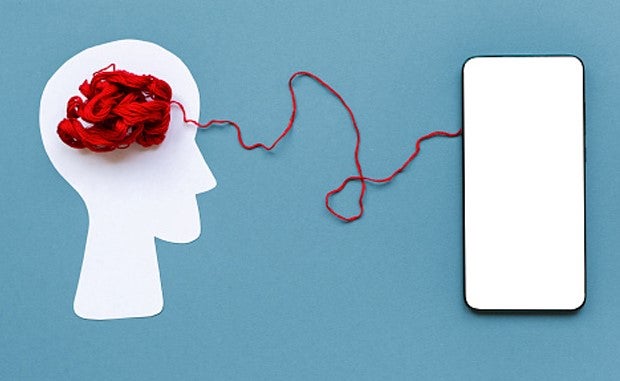

Need Help Evaluating Mental Health Apps? New AHRQ Brief Offers Direction

With the explosive growth in mental health and wellness mobile apps for traditionally underserved populations, patients and providers largely have been left to make their own conclusions about the programs’ safety and efficacy and what consumer protections they offer.
Recognizing that this can be a daunting task, the Agency for Healthcare Research and Quality (AHRQ) recently issued a technical brief, “Evaluation of Mental Health Mobile Applications” to aid providers, patients, payers and others.
The document provides a framework to assist stakeholders in technology evaluation for recovery and to help in appraising and selecting mental health mobile apps based on factors like risk/safety, technical functionality and mental health features.
Guidance for Providers, Payers and Others
Providers and advocacy agencies can use the tool to provide a library of safe and effective mental health apps while health care leaders, employee health plans, public and private insurance providers and other agencies can use it to review and provide guidance for apps relevant to their members. App developers can use the report to promote transparency in communication about the potential benefits, risks and evidence to support their apps.
The brief comes at a time of great need, given that many people suffering from mental or behavioral health conditions may not seek or receive care due to stigma, provider shortages, long wait times, lack of proximity to providers or other accessibility factors.
Prepared by the Johns Hopkins University Evidence-based Practice Center, the report covers three areas:
- Risk and mitigation strategies: Assessing the integrity and risk profile of the app.
- Functions: Covering descriptive aspects related to accessibility, costs, organizational credibility, evidence and clinical foundation, privacy/security, usability, functions for remote monitoring of the user and artificial intelligence (AI).
- Mental health app features: Focusing on areas like journaling and mood tracking.
AHRQ notes that future application, testing and refinement may be required to determine the framework’s suitability and reliability across multiple mental health conditions and to account for the rapidly expanding applications of AI, gamification and other technology approaches. But for now, it should be a welcome resource for providers and patients.



